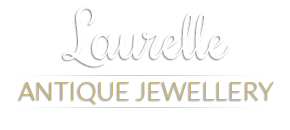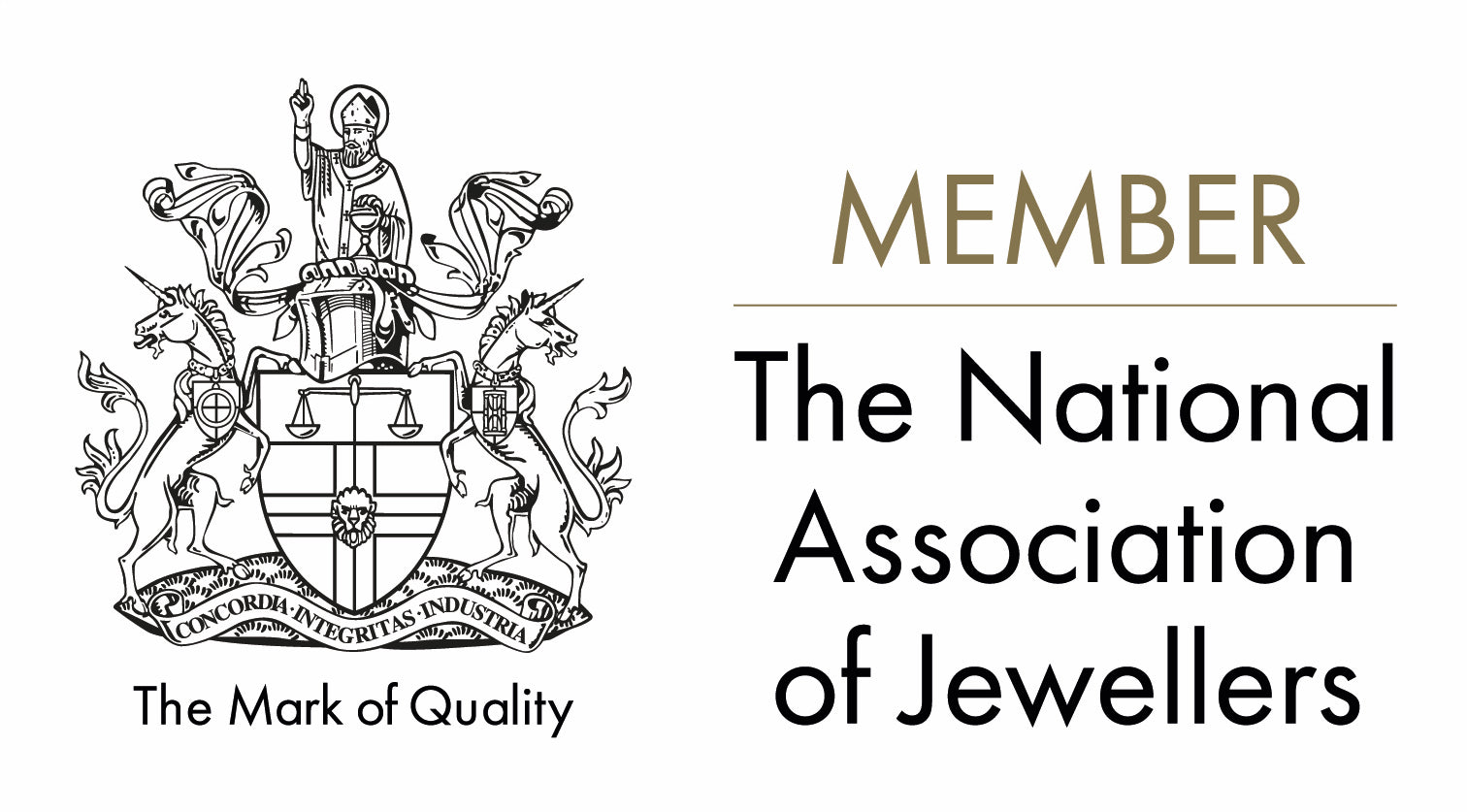Solitaire, Trilogy or Cluster Which Diamond Ring is Best for You?
Diamonds are the most precious of materials, and have been worked into jewellery for thousands of years. Over this time craftsmen have honed the techniques of selecting, cutting and mounting the stones, allowing them to refract the most amount of light, a characteristic referred to as brilliance.
Weve seen some truly exceptional uses of diamonds over the years, from pieces that incorporate hundreds of stones, to those which rely on the quality of one. Each period has pushed forward the medium, creating a myriad of innovations that were preserved and improved upon by successive generations. Many fine books have been written that explore the evolution of the diamond, but in this blog piece we wanted to showcase three main types of diamond ring: The Solitaire, The Trilogy and The Cluster.
The Diamond Solitaire

The solitaire may appear to be the least complex of diamond rings, but each piece relies heavily on the complex workmanship that goes into selecting, cutting and polishing the central stone. From the first moment the diamond leaves the earth it is being assessed according to the 4 Cs (Read more about the 4 Cs here). Its cut, carat, clarity, and colour are all examined before the lapidary gets to work.
As solitaire diamonds tend to be larger than those in trilogy or cluster arrangements there is a greater chance of flaws being present. The chosen cut works to remove or obscure any imperfections, a goal that is also helped by the gallery which is chosen to hold the stone in place.
Solitaires, by their nature, must be minimalistic. The choice of metal, and the way in which it is worked into the design, is of paramount importance whether platinum or gold the surfaces must be perfection itself, or risk marring the clear beauty of the diamond itself.
It is no surprise that this type of ring is the overwhelming preference for engagement rings the purity of an expertly crafted stone, meshed with the unbroken circle of the ring, is a potent metaphor for an enduring kind of love.
To view our full collection of antique solitaire diamond rings.
The Diamond Trilogy

Where the solitaire may be a classic expression of love, the trilogy is more involved, and provides more options for partners looking to tie the knot. Although a solitaire can contain other smaller diamonds, its central stone is always the star of the show. In the trilogy, the diamond often plays second fiddle to more colourful stones.
Ruby, emerald and sapphire often take centre stage, making the ring a more involved choice that leaves room for personal expression and individual style. If the jeweller has chosen to use three diamonds the middle stone is often cut in a more elaborate style, where the shoulder diamonds become part of the supporting cast.
Trilogy rings are heavily symbolic. Each stone can represent one of the three little words I love you. It is also a potent representation of family, and is a particularly wonderful gift to celebrate the birth of a couples first child.
To view our full collection of trilogy diamond rings.
The Diamond Cluster

On the other end of the scale in terms of complexity is the diamond cluster. These arrangements can be incredibly elaborate, using multiple different sizes and cuts of diamonds and other stones to create a ring which is far more than the sum of its parts.
Clusters require mathematical precision in the selection and setting of their stones. Whilst it is not unusual to have a cluster built entirely from diamonds, they are often used in a halo surrounding the main stone. This circle of brilliance serves to support the central stone, creating a setting that magnifies its radiance.
The large number of faces created by an array of stones mean that a diamond cluster ring sparkles from every angle, making it a much more grandiose display.
To view our full collection of diamond cluster rings click here.
Our team are always happy to help you find the piece thats perfect for you. If youd like to know more about the pieces history, or even to see a short video of it in motion, we can help to make sure that you are completely happy with your choice.
You can get in touch with us via email on enquiries@antiquejewellerygroup.com or give us a call on England: 0333 700 4500



